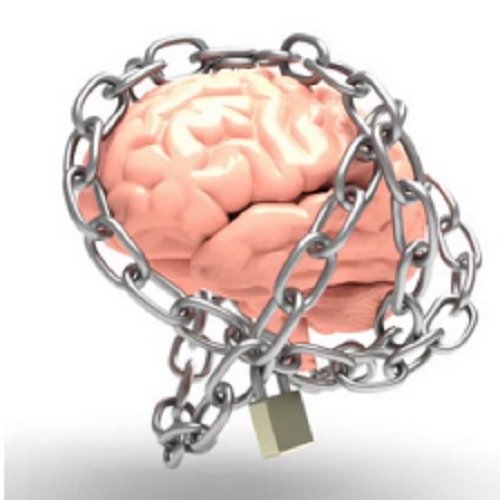
Study finds link between corruption and mental health
ANALYSIS | AGENCIES | Corruption comes in many forms. Bribery, misappropriation of funds, extortion and administrative theft. Scholars have long studied the links between corruption and other facets of life. Political scientist Daniel Treisman tells us that every kind of corruption is unwanted in democratic societies because of its far-reaching negative consequences for the economic life and well-being of the population. Through legal scholar Jorum Duri, we know a great deal about the relationship between corruption and gender.
However, little is known about the psychological and mental health problems associated with corruption.
As scholars of psychology, we set out to examine the overall levels and effects of perceived corruption on mental health in Ghana. In a 2023 Afrobarometer survey, 77% of Ghanaians surveyed responded that corruption was on the rise in the country.
We sought to answer the question: does the perception that wealthier people can influence state institutions or government officials for personal gain affect people’s mental health?
We found that people’s perception of corruption in Ghana had a negative impact on their mental health. This was measured in increased suicide risk, anxiety and depression symptoms. The perception that rich people in society could bribe and influence any state institution or government official was strongly associated with depression and anxiety symptoms among our participants.
Study method
We used a survey to collect data from 730 university students in Ghana. The participants’ average age was 22 years and they were studying for different degrees.
We measured their perception of corruption by asking them to respond to four statements. The responses ranged from “not at all” to “extremely likely”:
• State institutions are corrupt (for example public universities, hospitals).
• Politicians and other government officials are corrupt (for example, parliamentarians and ministers).
• In this country, people who have money/resources can influence any state institution(s) or government official(s) for personal gain.
• In the last 12 months, I have seen a person influence/induce state institution(s) or government official(s) with money or other thing for personal gain.
The mental health burden of witnessing corruption
We also investigated the question of what aspect of corruption had the greatest impact, and on what aspect of mental health. What we found was that witnessing corruption among state institutions and government officials, and the perception that the rich could influence these officials for personal gain, was strongly associated with depression and anxiety symptoms among our participants.
The explanation may be that when people become aware that corruption is a way of life, and that only a few have what it takes to live this way of life, they become helpless and hopeless and feel a loss of personal agency. These feelings are related to depression and anxiety symptoms. It should however be noted that we did not control for participants’ prior experiences and symptoms of depression and anxiety.
Why does corruption affect mental health in Ghana?
We offered two explanations. Firstly, witnessing corruption may reinforce the negative beliefs about harassment, uncertainty and arbitrariness that are associated with corrupt practices. It may also heighten people’s expectations that they or their loved ones could be unfairly involved or targeted for corruption. This may explain the relation with symptoms of depression and anxiety.
The work of scholars like sociology researcher Iona van Deurzen shows that harassment and arbitrariness by someone who represents the state or public authority can become a stressor that may elevate a person’s levels of depression.
We discovered that the links between witnessing corruption and mental health problems could also be traced to certain tendencies for people to: remain silent to protect or save others from being caught in order to maintain relationships, report to get the corrupt person sacked and ruin relationships, and conform to a culture of corruption either in solidarity or for fear of being victimised.
These tendencies can potentially create psychological discomfort that may lead to mental health outcomes such as anxiety and depression.
Corruption implies that rules regulating access and distribution of social and material resources are dysfunctional.
There is a need to rethink the effects of corruption perceptions and to redefine it as a social determinant of public mental health.
We advise that people who experience corruption-induced anxiety or depression should talk to a mental health expert and counsellors for professional assistance.
The authors of this article include: Stephen Baffour Adjei, Senior Lecturer at the Department of Interdisciplinary Studies, Akenten Appiah-Menka University of Skills Training and Entrepreneurial Development; Frederick Anyan, Associate Professor, Department of Psychology, Norwegian University of Science and Technology; Johnny Andoh-Arthur, Senior Lecturer, Psychology, University of Ghana and Sylvia Charity Akotia, Professor of Psychology, University of Ghana.
*****
Source: The Conversation
 The Independent Uganda: You get the Truth we Pay the Price
The Independent Uganda: You get the Truth we Pay the Price


